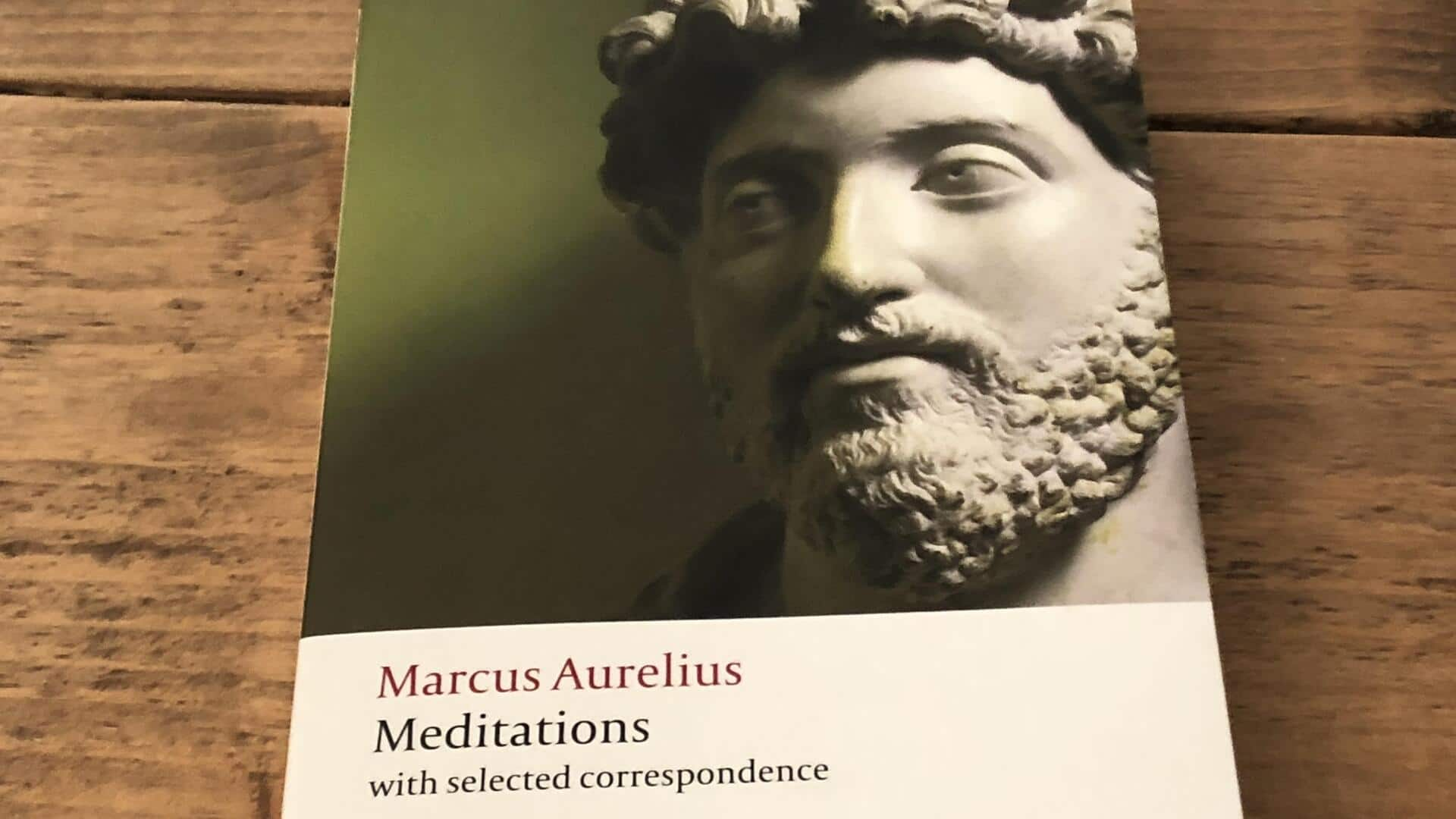
Encouraging reflection with 'Meditations' book
What's the story
Meditations by Marcus Aurelius, written by a Roman Emperor, is a treasure trove of timeless wisdom for navigating life's challenges and understanding oneself. This ancient text holds profound relevance even today, offering insights into leading a life of virtue, wisdom, and patience. It is not just a philosophical treatise, but a practical handbook for managing the intricacies of human existence.
Change
Embrace change as a constant
A key takeaway from Meditations is the concept of change as a fundamental aspect of life. Marcus Aurelius emphasizes the impermanence of human experiences and the futility of resisting change. This mindset fosters resilience by reframing change from a challenge to be feared to an opportunity for growth and development.
Control
Focus on what you can control
A major theme in Meditations is the concept of control, specifically concentrating on what is within our control and releasing what is not. Aurelius highlights that while we cannot control external circumstances or the actions of others, we hold the reins to our responses and attitudes. This wisdom guides readers to focus their energy where it truly matters and cultivate tranquility amidst the turbulence of the world.
Perspective
The power of perspective
Marcus Aurelius emphasizes the power of perspective in overcoming challenges. He argues that by changing our perception of situations, we can transform their impact on us. This wisdom invites readers to approach difficulties with a positive mindset, understanding that our interpretation often shapes our experience more than the situation itself.
Virtue
Virtue as its own reward
In Meditations, virtue is portrayed not merely as a moral obligation but as its own reward. Aurelius contends that a life lived virtuously results in inner tranquility and fulfillment, irrespective of external acknowledgment or rewards. This wisdom encourages readers to develop virtues such as honesty, kindness, and resilience for their inherent worth, rather than for the sake of external validation.
Harmony
Living in harmony with nature
Finally, Marcus Aurelius emphasizes the importance of living in accordance with nature and recognizing one's place within the natural order of things. He sees humanity as a component of a vast organism, and calls for a life lived in agreement with nature's laws. This idea invites us to question our way of life and seek harmony in our relationship with ourselves, others, and the universe.